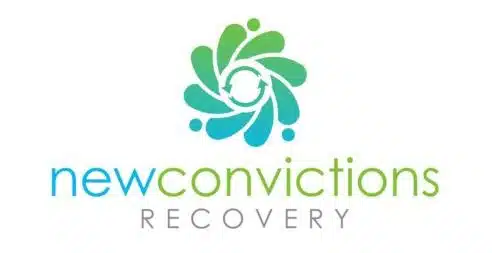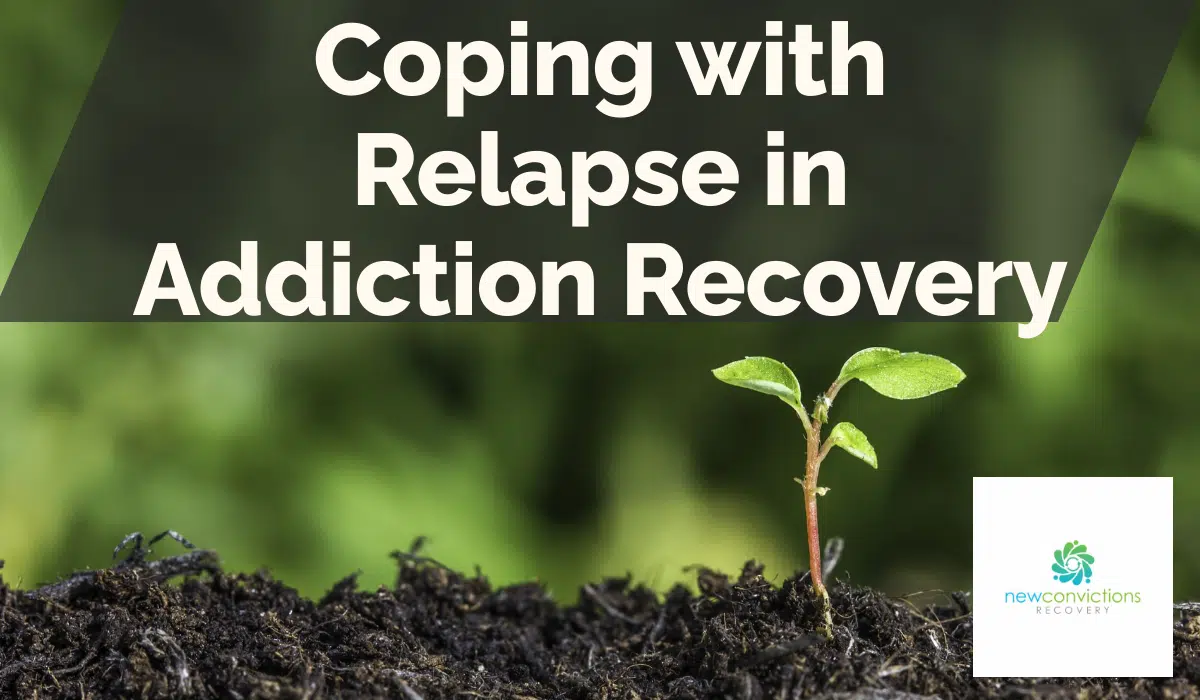Experiencing relapse can be a challenging phase in the journey of addiction recovery. It’s often accompanied by feelings of guilt, remorse, worthlessness and failure. However, relapse doesn’t signal the end of the recovery process or entail that previous efforts were in vain. It’s a refining moment where an individual is given the opportunity to reassess and readjust the recovery strategies he or she are implementing. Let’s navigate the landscape of coping with relapse in addiction recovery to get back on track.
Understanding the Concept of Relapse
Relapse is not an isolated event but a process where an individual returns to old patterns of drug or alcohol use after a period of abstinence. It’s crucial to remember that relapse is not a sign of failure but rather a common part of the journey towards recovery. As it is often said in recovery circles, “Relapse is not a requirement in recovery but an experience for many.”
Triggers Leading to Relapse
Several triggers can lead to relapse. These typically include stress, negative or challenging emotions, physical discomfort, situations related to past use, or encounters with people who were part of the addiction history.
How to Handle Triggers
- Identify and understand the triggers: Awareness is the first step to effective management.
- Develop stress management strategies: These can include techniques such as working out, meditation, or even simple deep-breathing exercises.
- Maintain a support network: Keep in regular contact with loved ones or support groups who understand what you’re going through and can provide emotional support.
Getting Back on Track After a Relapse
Feeling guilty or ashamed after a relapse is normal, but these feelings should not inhibit the path to recovery. Here’s how to get back on track:
- Acceptance: Accept that you’ve relapsed and understand that it’s part of the process, not a failure.
- Seek help: Don’t hesitate to reach out to your support network, counselors, or therapists.
- Reassess your recovery plan: Identify what led to the relapse and modify your plan to handle similar situations in the future.
Frequently Asked Questions
What should I do immediately after a relapse?
Immediately after a relapse, the first step is to ensure you’re safe. Get back in contact with your support system – this could be a trusted friend, family member, or counselor.
Is relapse a part of the recovery process?
Yes, relapse is often a part of the recovery journey. It’s an indication that certain aspects of the recovery plan need to be reassessed and adjusted.
Conclusion
Relapse in addiction recovery is common and often an integral part of the journey. It’s a sign that your recovery plan needs adjustment, not that you’ve failed. Reassuringly, with the right mindset, strategies, and support, you can successfully navigate through this phase and continue on your path to recovery.

